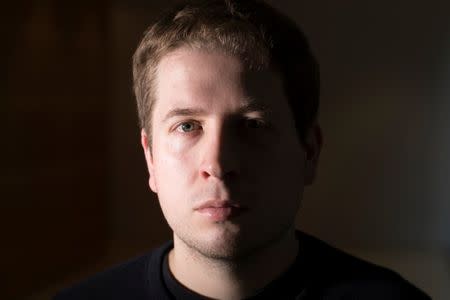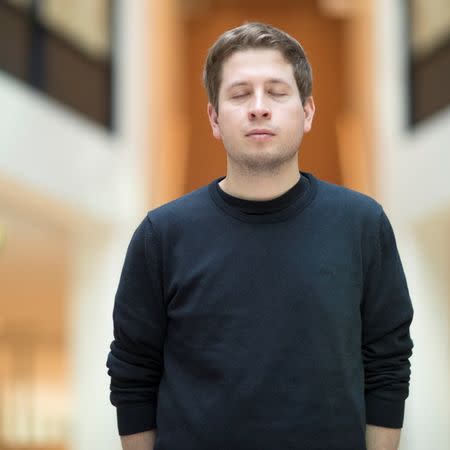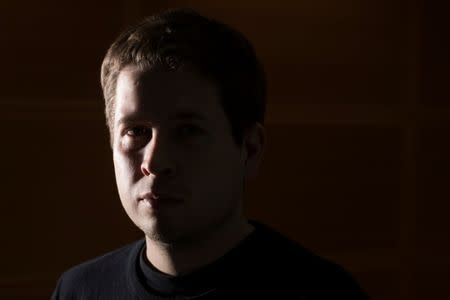I'm upbeat German SPD will reject Merkel coalition: youth leader
By Michelle Martin and Holger Hansen BERLIN (Reuters) - The leader of the youth wing of Germany's Social Democrats (SPD) is optimistic a majority of the party's members will vote down another alliance with Chancellor Angela Merkel's conservatives, he told Reuters on Friday. The result of the SPD's binding ballot of its roughly 464,000 members will be announced on Sunday, more than five months after an inconclusive parliamentary election. Europe's largest economy and pre-eminent power-broker would probably face a new election or a minority government if SPD members reject another tie-up with Merkel. Kevin Kuehnert, leader of the SPD's Jusos youth wing, has spent the last few weeks touring the country campaigning against a re-run of the 'grand coalition' that took power in 2013. He said his encounters with SPD members made him upbeat about the prospect of the 'No' camp winning. "I'm optimistic that we're in a position to win this vote," the 28-year-old said in an interview at the SPD's headquarters in Berlin, adding that he had spoken to around 8,000 of those who are entitled to cast their ballots. "There's huge opposition to a grand coalition within the SPD," Kuehnert said. Not everyone who dislikes such an alliance would actually vote 'No', he said, but: "The mood as such was very, very clear and could be enough for 50 percent or more." While members at his events generally seemed to be against a grand coalition, SPD party leaders got the impression from their events that members were largely in favor, Kuehnert said. "It will be a really gripping count," he added. The coalition treaty agreed between the conservatives and SPD was a "decent negotiation result" but the SPD's message that it had prevailed was similar to that in 2013, Kuehnert said, adding that despite this, the SPD had only got 20.5 percent in the 2017 vote - its worst result since Germany became a federal republic in 1949. Like the SPD, the conservatives had their worst showing in decades in September's election - a clear signal that voters do not want another grand coalition, Kuehnert said. UNSTABLE COALITION? The specter of a new election or a minority government has unnerved some in a country that prides itself on its stability, but Kuehnert said another conservative-SPD alliance would not provide stability. The previous edition of that tie-up had delayed many decisions and failed to agree on key issues, he said, adding: "There's a nice saying that goes 'It's best to make a painful break than to draw out the agony' and I think that applies here." If SPD members vote 'No', there will probably be a minority Merkel-led government for a transition period, Kuehnert said. "We'd be able to deal with that. If it comes to that I'd like the SPD to play a constructive role and to offer to cooperate with the minority government." He pledged to remain critical of the grand coalition if the 'Yes' camp won but said the SPD would have to make the best of it and push as many of its policies through as possible. "The job of us Jusos will, among other things, be to prevent the conservatives from once again getting away with breaching the coalition treaty or procrastinating on issues," he said, adding the SPD should quit the government if that happens. Whichever side wins, the SPD needs to start revamping itself and the winning camp must ensure the losing side is sufficiently involved in that process, Kuehnert said. (Additional reporting by Hans-Edzard Busemann; Writing by Michelle Martin; Editing by Janet Lawrence)




